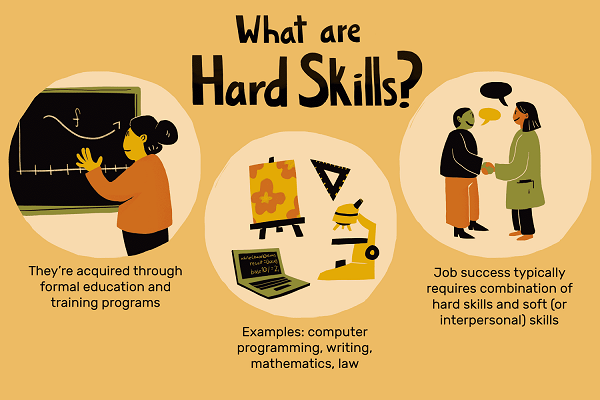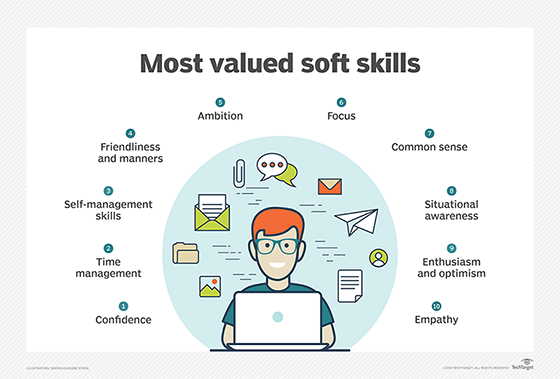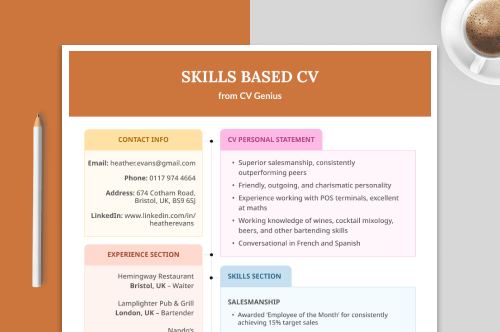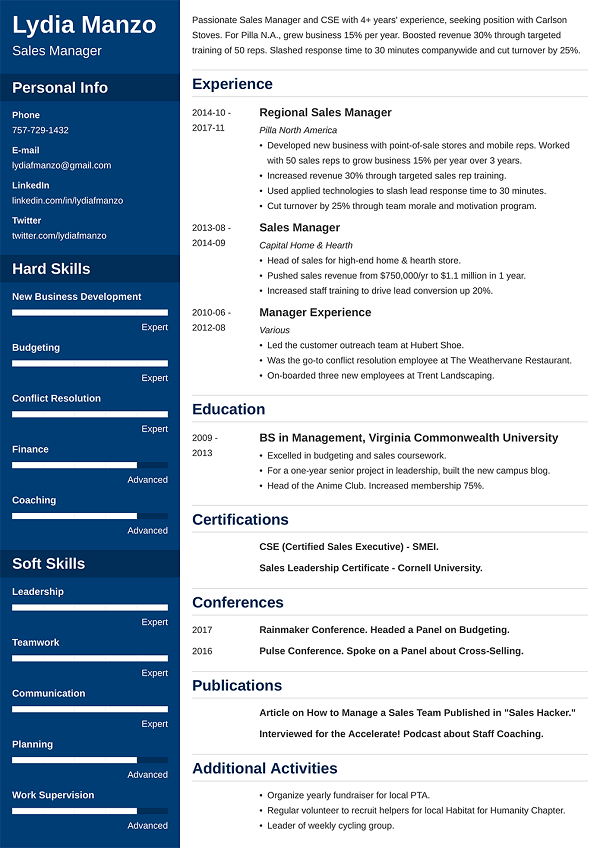How to put soft skills on your resume?
Teamwork, communication skills, and resilience – are just a few of the soft skills that are often required in a job advertisement. In the following article, you will find all the information about soft skills, why they are so important, and how to name them in the application to get one step closer to your dream job.
What are hard Skills?

Hard skills are teachable abilities or skill sets that are easy to measure. Generally, you will learn difficult skills in the classroom, through books or other educational materials, or at work. These hard skills are often listed in your cover letter and resume and are easy for an employer or recruiter to recognize. Difficult skills include:
- Proficiency in a foreign language
- A degree or certificate
- Write speed
- machine work
- Computer Programming
What are Soft Skills?

Soft skills are ephemeral abilities that are harder to quantify. The way you react to and interact with others is referred to as your “soft skills,” also called “interpersonal skills.”
Soft skills include:
- Communication
- Flexibility
- Leadership
- Motivation
- Patience
- Persuasion
- problem-solving abilities
- Teamwork
- Time management
- business ethics
Unlike hard skills, it is difficult to point to specific evidence that you have a soft skill.
Read below for a more detailed description of soft skills and some tips to highlight your soft skills when looking for a job.
Why Are Soft Skills Important?
Today, information technologies are developing rapidly. Many of the technical skills become the abilities of the machines. Changing business world dynamics also change the skill set expected from people. People with soft skills have higher performance in both personal and professional life. Research shows that soft skills have significant positive effects on employee performance. For this reason, employers’ interest in soft skills is increasing day by day.
Soft skills to put on a resume

When analyzing job descriptions, certain soft skills are sought again and again. Of course, the importance of individual skills also depends very much on the respective profession, but trends can be seen as to which soft skills are generally in demand most frequently. Here are the top 10:
- Teamwork & social skills (non-violent communication)
- flexibility
- Conflict ability & rhetorical skills
- Stress resistance & resilience
- Commitment & motivation
- Critical ability and willingness to learn
- Analytical thinking
- Organizational talent and planning skills
- problem-solving skills
- Good time management, reliability & accuracy
List of soft skills for resume
Unlike technical skills or hard skills, these skills will help you work with team members and co-workers. Here is the list of soft skills for the resume
- problem-solving skills
- time management skills
- interpersonal skills
- adaptability
- critical thinking
- Emotional intelligence
- leadership traits
- general people skills
- Management Skills
- active listening skills
- decision-making skills
- conflict resolution
- reliability
As you can see, all these skills are specific skills related to how you interact with others and the world.
List: Soft Skills by Occupation

interpersonal skills. Soft skills are important in almost every job and industry, and they can vary depending on the occupation. For example, the soft skills required for a nurse may be different from those required for a software engineer.
Soft skills in the marketing industry
Soft skills are crucial in the marketing industry as they enable professionals to effectively communicate, collaborate, and create meaningful relationships with clients and colleagues. Some essential soft skills for marketers include:
- Creativity & trend scouting
- Flexibility & adaptability
- multimedia know-how
- Organizational talent and planning skills
- communication skills
- Persuasiveness & solution-oriented approach
- Resilience & Stress Resistance
Soft skills in finance, accounting, and bookkeeping
Soft skills are equally important in finance, accounting, and bookkeeping as they enable professionals to effectively communicate financial information, build relationships with clients, and work collaboratively with colleagues. Some essential soft skills for professionals in this field include:
- Analysis and judgment skills
- problem-solving skills
- Analysis and judgment skills
- Diligence & conscientiousness
- attention to detail
- Integrity & Honesty
Soft skills in engineering and technical jobs
Soft skills are becoming increasingly important in engineering and technical jobs as they enable professionals to effectively communicate complex technical information, work collaboratively with colleagues, and build relationships with clients. Some essential soft skills for professionals in this field include:
- high-quality awareness,
- Customer and service orientation
- Analytical skills & flexibility
- result orientation
- Connected thinking
- Independent work & teamwork
- Goal orientation, prioritization, and project management
how to Develop Soft Skills?
Hard skills are easy to measure. A certificate or a diploma can demonstrate your proficiency in hard skills. On the other hand, developing these skills is relatively easy. With a 3-month course, you can achieve a certain level of equipment in a hard skill.
Soft skills are difficult to measure. They take longer to develop than hard skills. Soft skills are also directly linked to your personality. While some people are naturally gifted at certain skills, the same skills may be challenging for another person.
The good news is that many soft skills are interrelated. When you start working on developing a skill, you gain other related skills as well. For example, when you work on understanding people, you can gain skills such as conflict management, communication, leadership, understanding diversity, and cooperation.
Most of the skills listed in job postings are soft skills rather than hard skills. While you may not think you have all of these skills, having some can show you other areas where you can make rapid progress.
You may be interested in
How to Improve Twitter Views: X Platform Engagement
How to Leverage AI to Improve Your Article Writing

